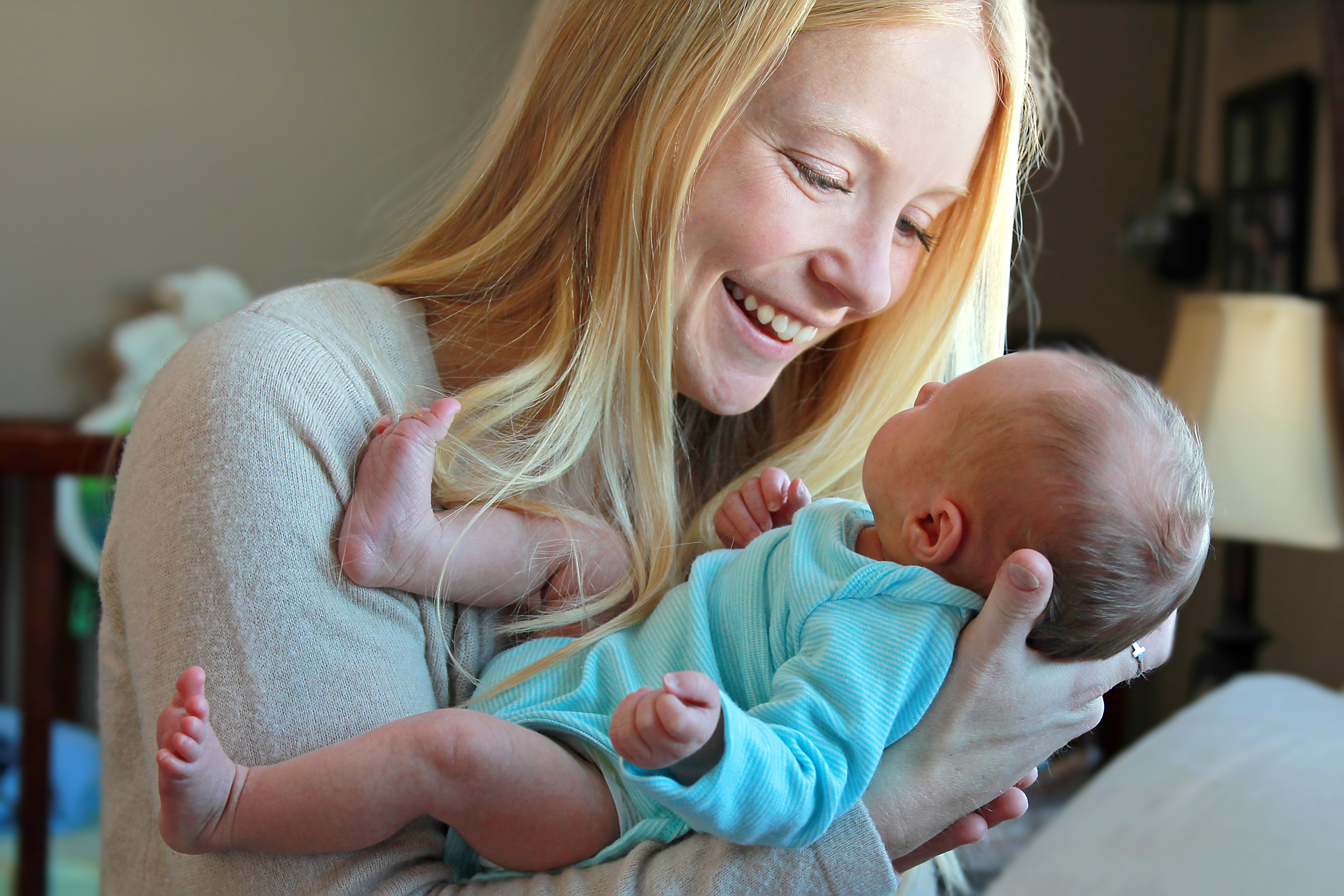
29 May The reason you weren’t prepared for becoming a mother & what can make it easier
Why are we still so shocked, unprepared and frequently flattened by becoming a mother?
Mainly because we’re preparing for the un-prepare-able.
Go onto Amazon and you’ll see a whole book section on ‘Motherhood’ and if you Google ‘Becoming a Mother’ you’re not going to be short on literature. There are TV programmes and a never-ending stream of blogs, vlogs and social media posts all about becoming a mother (Hi! *waves*). So what’s with the big surprise? We have been attempting to make sense of becoming a mother forever. Nursery rhymes, poems, pictures – Yet still, BOOM, GOTCHA! SURPRISE!
So, how about we prepare for being unprepared?
Becoming a mother is a process. In the nine months leading up to birth women start their own unique relationship with their unborn child. It affects the way we think. For some women this will involve creating a ‘fantasy’ baby, imagining what they will be like and how life will be. For others we might push the idea that we are having a baby to one side through fear and worry (perhaps due to previous loss), though this still affects the way we are thinking, with the baby becoming more real as our bodies change and birth approaches.
Then our babies are born. And all that psychological and practical preparing requires a massive re-adjustment – because it is never, exactly as you though it would be.
It’s a bit like trying to prepare for falling in love, or the death of a loved one. These are intense, human experiences which no matter how much we immerse ourselves in the literature we can never be prepared for the enormity of.
Just like those other intense human experiences we need time to adjust.
Time where we acquaint ourselves with this amazing new being, who demands so much and impresses a new found sense of responsibility on us.
Time where we may mourn the loss of our old selves as we evolve into a new version.
Time where we may mourn the ‘fantasy’ baby we had in our head
Time where the relationships with our friends and family shift, bringing their own challenges or a new richness.
And we do all this sleep-deprived and in recovery from one of the most intense physical processes our bodies will ever engage in.
You can’t prepare for that. You don’t know how it’s going to feel until you are there.
So how about we prepare for feeling unprepared?
This is about managing our expectations. If we expect not to feel on top of everything, if we expect to feel somewhat overwhelmed, if we expect to feel one minute ecstatic and the next in floods of tears – then there is less to rail against. We aren’t 100% prepared and that’s ok. That’s normal. There’s so much pressure on us to ping back to ‘normal’ and behave like nothing much has changed, when every single part of life is now somehow different.
Ultimately this is about allowing space and time for readjustment and not beating yourself up in the process.
Many women will describe the first few weeks/months with a new baby as chaotic and feel a sense of life being out of control, this can be the cause of upset and may contribute to postnatal depression. Mothers who are typically ‘perfectionists’ or used to life being extremely organised may find they particularly struggle with this lack of control (which is why those books with routines look so inviting)
What might help?
- The expectation that things are going to feel somewhat chaotic
- This is the essence of prepare for unprepared. It’s about your mindset. Let go of ridged thoughts, there’s rarely an absolute right or wrong, allow yourself to be more fluid in your thinking.
- Control the things you can control and let go of those you can’t
- Ensure that you are taking care of your basic needs, eat & drink well and don’t run on empty – eat regular snacks (including in the night) to maintain blood sugar levels.
- Ask for and make use of any offers of help and get into the habit of doing this.
- Social support from other mothers where you have time to talk about your experiences. Attending a specially facilitated group for new mothers is valuable here as the facilitator will draw on everyone’s experiences and provide relevant information, which is what we do on Thriving Mothers retreat days and NCT postnatal courses.
- Using relaxation, meditation or mindfulness techniques allows mental space from the exhausting and constant mental ‘working it out’ we engage in as new mothers. These techniques can be built into everyday life.
Essentially give yourself a break! Don’t make it harder than it needs to be. Taking a path of least resistance is a valid parenting approach.
The reason I love working with women in the postnatal period is because it’s real. It’s not hypothetical anymore. They can see what they are dealing with. And it’s from this point that you can make adjustments, little tweaks to make it a more comfortable place. I’m all about that – how we can make becoming a new parent a more comfortable place.
For more information about Thriving Mothers retreat days: Thriving Mothers
and NCT Postnatal courses: NCT Postnatal Courses

Sorry, the comment form is closed at this time.